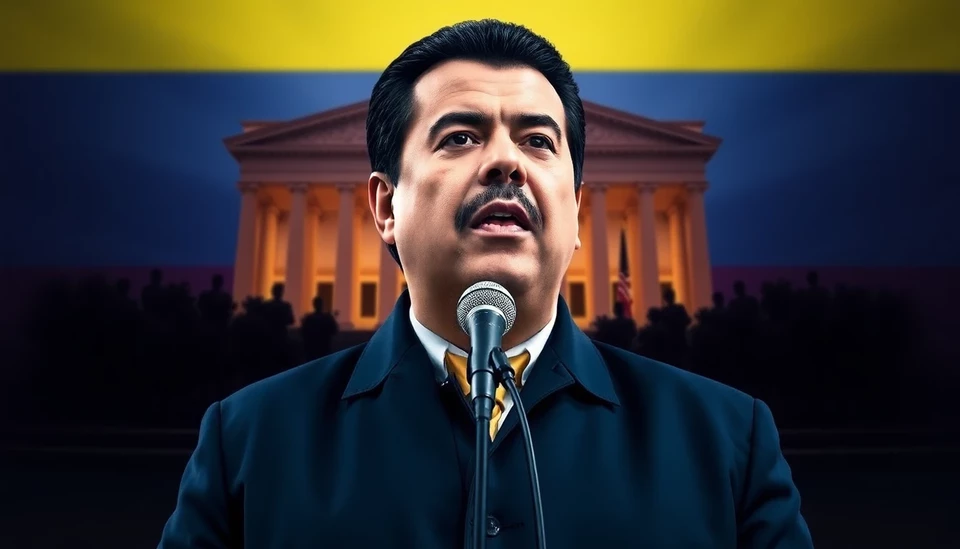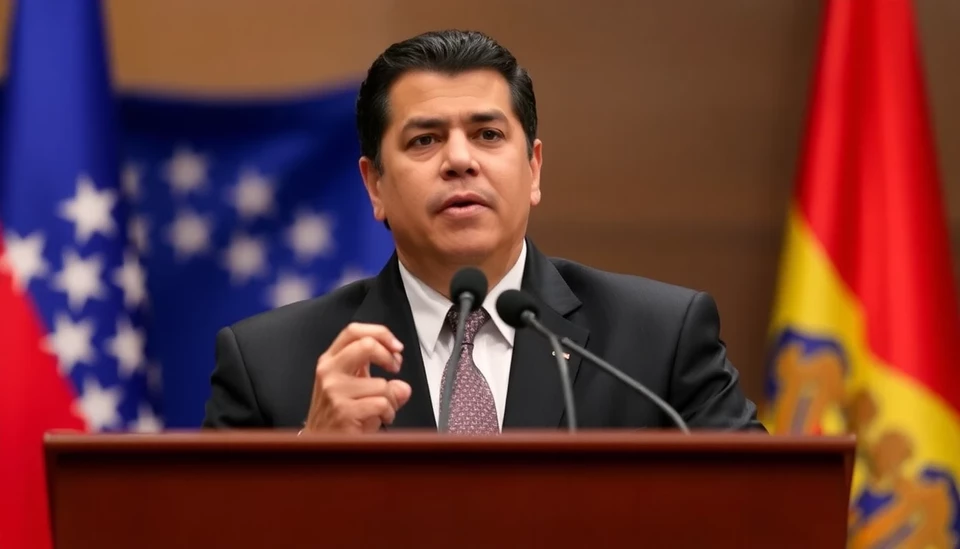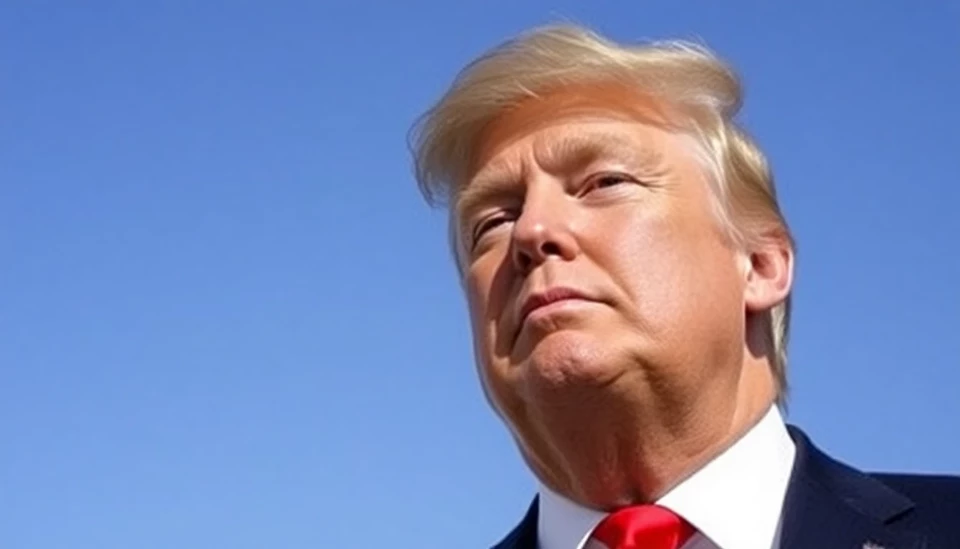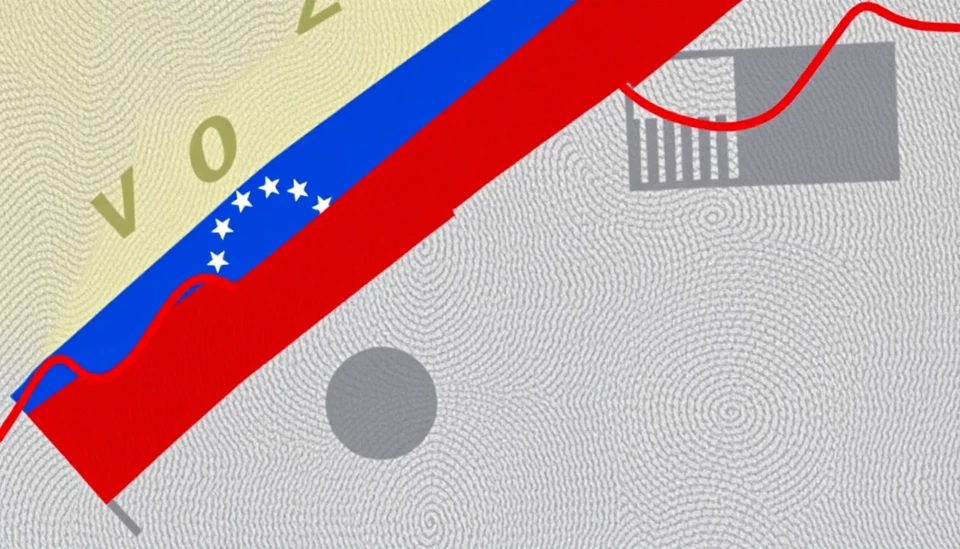
Venezuela is reportedly preparing for significant gasoline shortages as the government suggests that terrorist groups are responsible for the country’s ongoing energy crisis. The South American nation, which has long been grappling with an escalating economic downturn, is now experiencing fresh challenges pertaining to fuel availability, a crucial commodity for both the country’s transport system and day-to-day living.
State-run oil company PDVSA has been struggling to maintain operational levels in its refineries, leading to a substantial decrease in fuel production. This inadequacy has spurred a situation where citizens, reliant on fuel for commuting and other essential activities, may soon find themselves facing long lines at gas stations and a severe lack of gasoline.
In a recent address, Venezuelan officials claimed that the shortages are not solely a result of mismanagement or decay within the national oil infrastructure but are exacerbated by deliberate acts of sabotage. Government spokespersons have pointed fingers at insurgents allegedly linked to international terrorist organizations, which they argue are deliberately targeting refineries and fuel distribution networks in an effort to destabilize the nation further.
This narrative has not only been a point of contention within the country but also raises eyebrows among international observers, who are skeptical about the Venezuelan government’s ability to rectify its existing operational dilemmas. In a country that once boasted some of the largest oil reserves in the world, the current situation underscores a dramatic fall from grace, marred by corruption, a lack of investment, and crippling sanctions imposed by foreign nations.
As the government ramps up rhetoric around external threats, citizens are bracing for more significant impacts on their daily lives. Reports indicate that many will have to either rely on alternative energy sources or endure extensive wait times as they seek fuel at the few operational gas stations remaining. The prospect of heightened fuel prices due to scarcity has also begun to loom, causing further uncertainty in the already fragile Venezuelan economy.
The international community continues to monitor the situation closely, highlighting the need for sustainable solutions to Venezuela’s predicaments beyond just attributing blame to external forces. Activists and analysts stress the importance of addressing internal corruption, boosting local production capabilities, and engaging in diplomacy to bring about the revitalization of Venezuela's oil sector—rather than diverting attention to alleged terrorist plots.
Amidst growing fears of a gas crisis, the situation poses potential flashpoints for civil unrest as citizens become increasingly frustrated with the state of fuel availability and broader economic challenges. How the Venezuelan government navigates this complex landscape moving forward, while managing its narrative, will be pivotal in determining the immediate future for both its residents and the national economy as a whole.
#Venezuela #GasShortage #PDVSA #EnergyCrisis #Terrorism #OilIndustry #EconomicStruggles #FuelPrices
Author: John Harris




